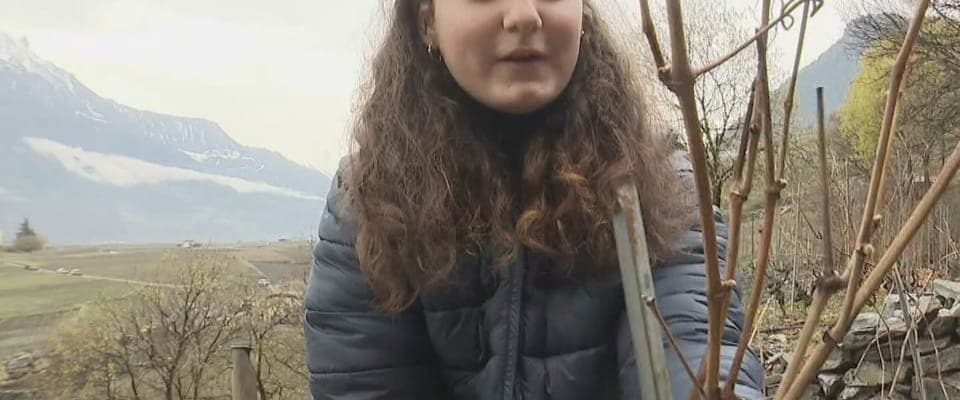Contents
In Switzerland’s largest wine canton, only three young people have started their vocational training as winemakers this year. It would take around twenty female apprentices every year so that the Valais vineyard can be optimally cultivated.
In the spring, the vines come to life again, then the vines have to be pruned, which is manual work in the great outdoors. For Maëlle Morard, one of the thousands of different things that a winemaker has to do every day.
Legend:
Working in the Chamoson vineyard: Maëlle Morard is training to become a winemaker.
SRF
Maëlle is in the first year of her apprenticeship as a federally qualified winemaker. Actually, that wasn’t her dream job, but then she sniffed the vineyard and it “simply matched,” she says to SRF.
I love that every day is different.
«I love that every day is different. You work outside and inside, you are in contact with nature, with people and machines. I find this versatility so exciting about my job,” enthuses the prospective winemaker.
Hard work, bad pay
Of course, many young people don’t see it that positively. They combine the winemaker’s profession with hard physical work, which is poorly remunerated. Maëlle is therefore a stroke of luck for the René Favre & Fils winery in Chamoson.
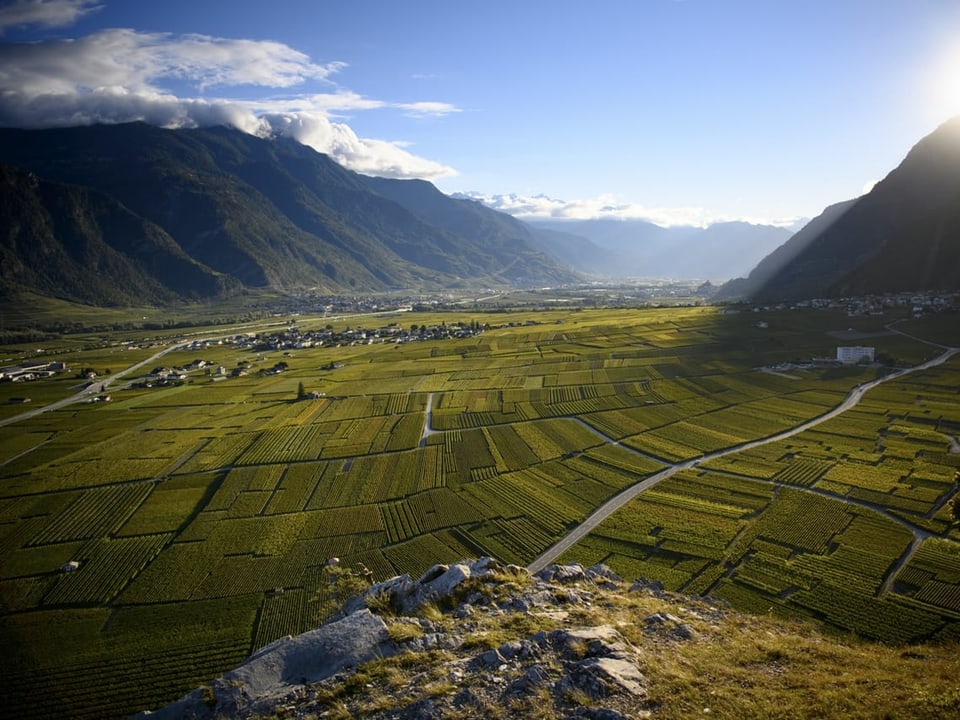
Legend:
Vines as far as the eye can see: No other canton has more vineyards than Valais.
Keystone/Laurent Gillieron
“You can hardly find any apprentices anymore. Young people like Maëlle, who decide at the age of sixteen to commit themselves 100 percent to this profession, that’s a rarity these days,” says teacher Jonathan Favre.
The Valais is the largest wine canton in Switzerland: 4700 hectares of vines, which corresponds to an area of over 6500 football pitches and they have to be cultivated.
The declining number of apprentices is therefore cause for concern. The Valais Department of Agriculture is aware of the problem and locates the cause in the difficult economic conditions of the last few years.
In 2017 there was a severe spring frost, half of the harvest failed at that time. In 2021 there was a similar situation due to downy mildew. Those were two very small harvests with poor earnings for the winegrowers.
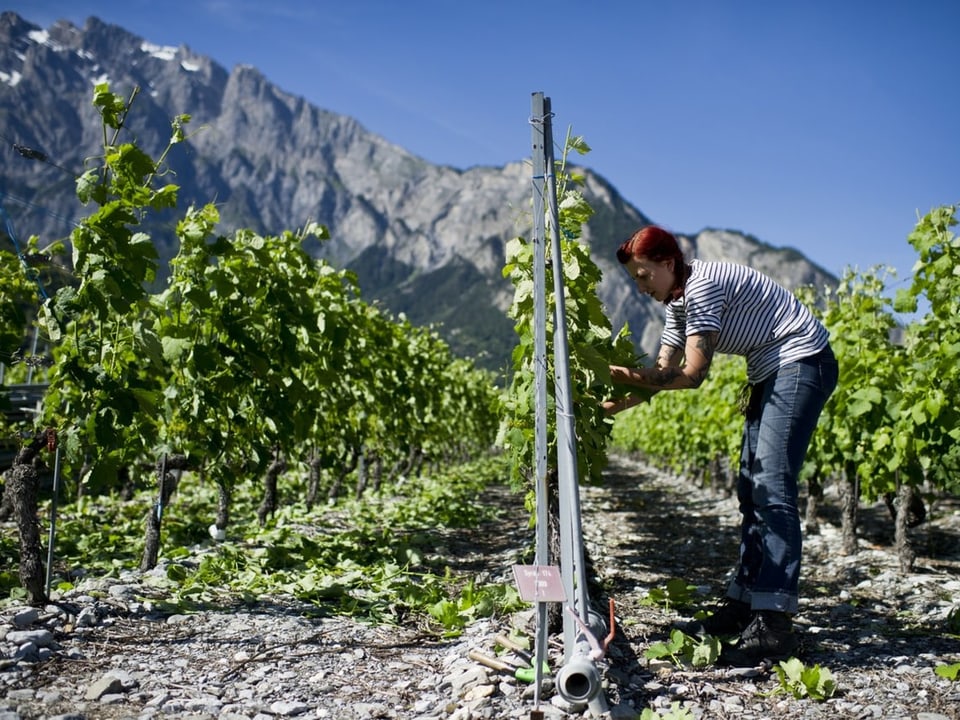
Legend:
Many apprentices shy away from the hard work in the vineyards.
Keystone/Laurent Gillierion
“You can understand why one or two winegrowers might have said to their children: learn a different profession first. So this reluctance can now be felt one-to-one in the number of apprentices, »says Georg Bregy, deputy head of the agricultural department.
Viticulture remains a family matter
Many family businesses have traditionally set the tone in Valais viticulture. Diego Mathier’s winery in Salgesch is one of the best known in the country. The current development gives the multiple award-winning winemaker of the year food for thought.
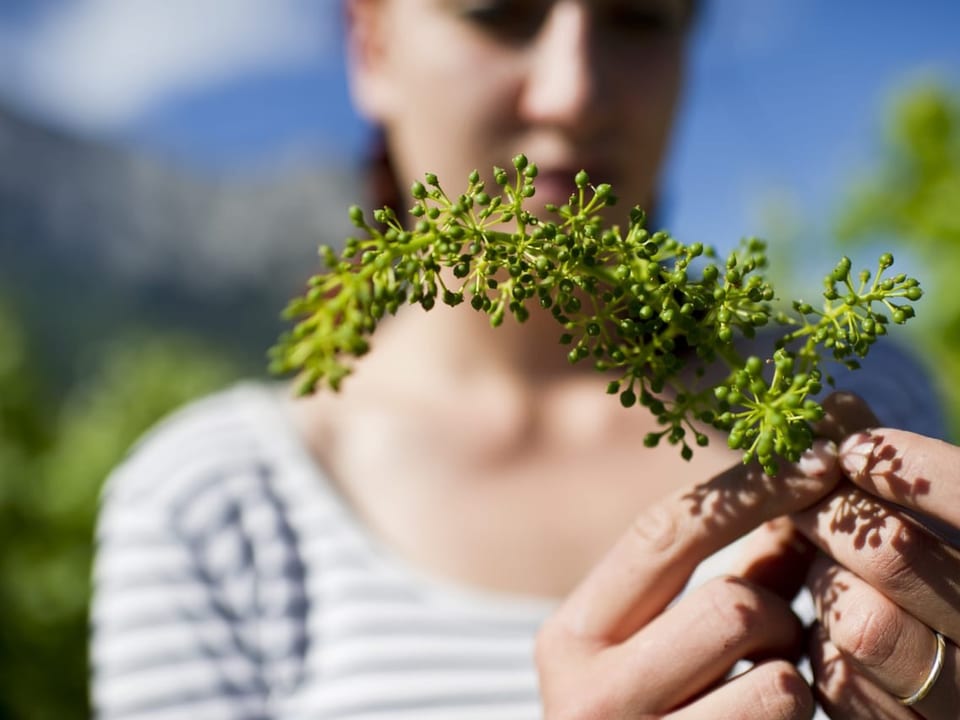
Legend:
Although the future prospects in Valais are promising, only a few young people want to go into the vineyards.
Keystone/Laurent Gillieron
“It is certainly not good that only three apprentices are trained as winemakers in Valais. It shows that we have work ahead of us, that we have to make the job interesting again. I’m convinced that if people are informed how nice the job is, then we’ll have enough apprentices again,” says Diego Mathier.
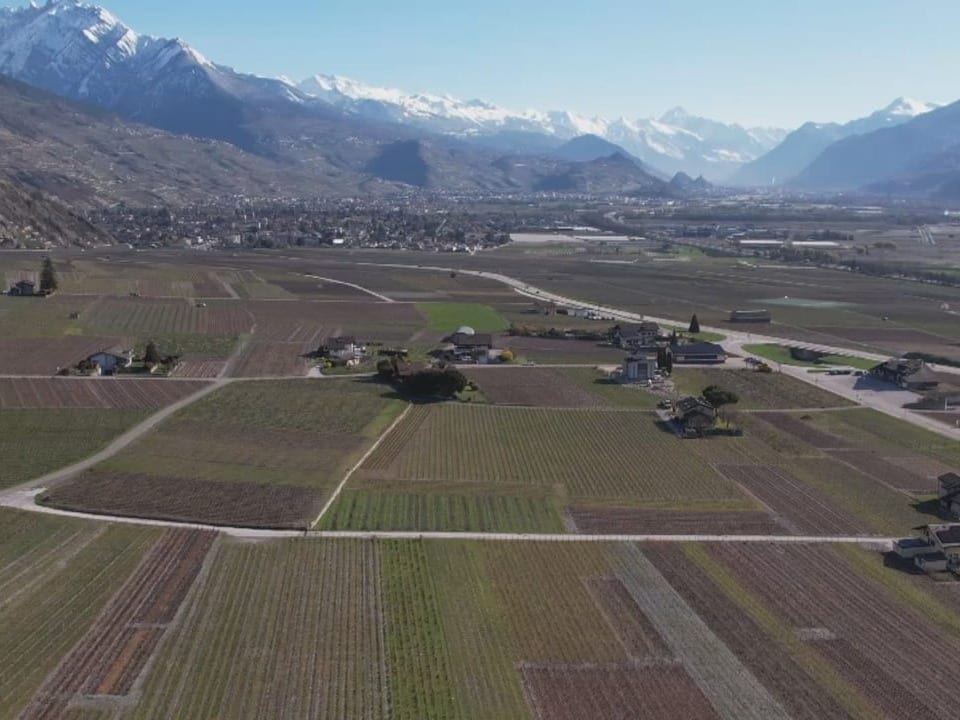
Legend:
Because of global warming, Valais viticulture is changing.
SRF
He does not have to worry about his own successor. Diego Mathier and his wife Nadia have five daughters and all show an interest in the business.
The big dreams of the young winemaker
Maëlle Morard, on the other hand, has no family ties to viticulture, but she has a clear goal in mind: “I want people to talk about me. I want to be known and promote the wine industry, like the famous winemaker Marie-Thérèse Chappaz does.”
And finally, the future prospects for winegrowers in Valais are promising. The vineyard is in a state of upheaval, more and more hobby winegrowers are giving up and plots are becoming available for young people with big dreams.
